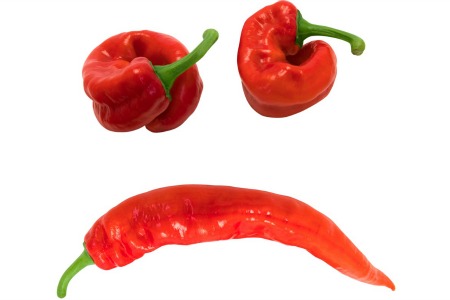Photo by Lizard / Shutterstock.
Humanity has rocketed past the 7 billion mark, and if things continue as they’ve been going, there will be 9 billion of us by mid-century. That’s a lot of mouths to feed, but if you believe Stanford University biology professor Peter Vitousek, it can be done — thanks in no small part to our mastery of that most taken-for-granted element, nitrogen.
While carbon has been getting all the media attention lately (see global warming, ocean acidification, and so on), Vitousek says that, for better or for worse, the human perturbation to the global carbon cycle pales in comparison to that of nitrogen.
Nitrogen is crucial for all life. It’s also all around us all the time – three-quarters of the air we breathe is nitrogen gas — yet that vast reservoir is completely unavailable to creatures like humans. The power to “fix” nitrogen into a usable form rests with just a few types of microorganisms, and all other species in the world are propped up on their tiny shoulders.
That crucial task — turning atmospheric nitrogen into a palatable new form — has alw... Read more
